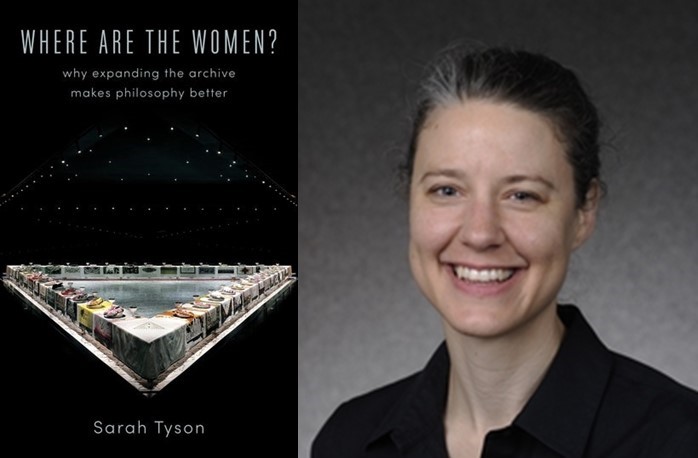Santiago Zabala remembers Richard Rorty
“Rorty did not believe that this transformation or, as his enemies prefer to call it, “subversion” of philosophy’s traditional goals would solve all our problems. But it would allow us to get a sense of everyone’s limitations, diversities, or uniqueness and therefore increase our concern for society.” — Santiago Zabala
Last week, Santiago Zabala, author of, among other works, The Remains of Being: Hermeneutic Ontology After Metaphysics and coauthor with Gianni Vattimo of Hermeneutic Communism: From Heidegger to Marx, continued his series of articles for Al Jazeera English with “Five years without Rorty,” a look back at the life and work of Richard Rorty, one of the most important philosophers of the last half century and author of, among many other works, An Ethics for Today. In his article, Zabala claims that Rorty “must be remembered today as the model philosopher for the twenty-first century” because of his ability to transcend the divisions that compartmentalize philosophy and academia generally.
One of the ways that Rorty escaped traditional categorization was the fact that he rejected the typical conception of an American philosopher as an analytic thinker:
Although Rorty always presented himself as a proud American philosopher, most of his US colleagues saw him as the personification of the European intellectual, not for praising classics from the continent, which, of course, is inevitable in our discipline, but rather for suggesting the abandonment of analytic philosophy.
This position, which for the most part relies on formal logic in measuring and solving problems, conquered the American academia to the extent that anyone interested in Dewey, Martin Heidegger, or Hans-Georg Gadamer was regarded as a subversive. Rorty became one even before 1979 when his most important book (Philosophy and the Mirror of Nature) appeared while serving as the president of the Eastern Division of the American Philosophical Association.
During this period, as the letters published in his biography indicate, Rorty argued at both APA meetings and the department of philosophy of Princeton University (where he was teaching) that approaches other than analytic philosophy (such as deconstruction, poststructuralism, or hermeneutic philosophy) were not receiving enough recognition. Despite Rorty’s international success, his criticism was regarded as a betrayal by most of his colleagues, and in the eighties he left the philosophy department and began teaching in English departments.
Zabala goes on to argue that Rorty’s most important and most “subversive” act was his rejection of analytic epistemological positions:
But Rorty’s main subversive act was not publicly opposing Bush or distancing himself from the dominant philosophy position of his time but rather suggesting that philosophers ought to stop “worrying about truth”, “contributing to knowledge”, or “getting things right”. While these suggestions might seem the first step of a relativist, sceptic, or even nihilist philosopher, Rorty was none of these. He was a pragmatist interested in fusing together different philosophers such as William James, Friedrich Nietzsche, and Thomas Kuhn in order to transform the discipline into a looser activity where progress would be measured in relation not to non-human realities (such as truth, God, or foundational human nature) but rather to historical contingencies that formed our present. These, as he explained, could be the family we grew up with, the society around us, or the language we feel most comfortable in.
Rorty’s reasons for his reassessment of the goals of philosophers are perhaps his most admirable contribution to philosophy in Zabala’s eyes:
Rorty did not believe that this transformation or, as his enemies prefer to call it, “subversion” of philosophy’s traditional goals would solve all our problems. But it would allow us to get a sense of everyone’s limitations, diversities, or uniqueness and therefore increase our concern for society.
In this spirit he genially suggested that “if you take care of freedom, truth will take care of itself”. In other words, truth ought to become simply what a free community can agree on as true, not what foundationally makes the community true. In this way our moral duty would not be toward “rational reasons” but rather toward our fellow citizens; that is, responsibility would become civil responsibility.


